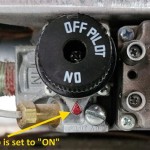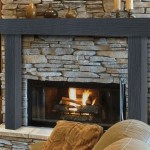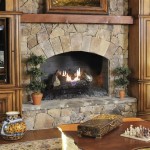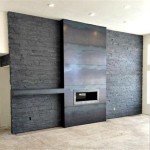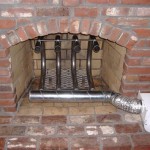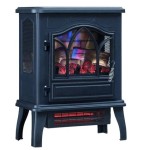Should I Turn Off the Pilot Light on a Gas Fireplace in Summer?
Gas fireplaces offer a cozy and inviting ambiance, especially during the colder months. However, during the summer, when you're not using the fireplace, the question of whether to turn off the pilot light arises. While keeping the pilot light on might seem convenient, there are several factors to consider before making a decision.
Energy Efficiency and Cost Savings
One of the primary reasons to turn off the pilot light in the summer is to save energy and money. The pilot light is a small flame that burns continuously, even when the fireplace is not in use. While it consumes a relatively small amount of gas, it's still a constant drain on your energy consumption. Turning it off can contribute to reducing your utility bills, particularly over extended periods.
The amount of gas consumed by a pilot light varies depending on the model and manufacturer specifications. However, a pilot light can typically consume anywhere from 0.2 to 0.5 cubic feet of natural gas per hour. While this might seem insignificant, over the course of several months, the savings can add up, potentially leading to a noticeable reduction in your gas bill.
Safety Considerations
Another crucial aspect to consider is safety. While the pilot light is generally safe, there's always a slight risk of it malfunctioning or igniting a larger fire if there's a leak or a problem with the system. Turning off the pilot light eliminates this risk, especially during the summer when the fireplace is not in use. It also prevents potential accidents caused by unintended ignition, such as a stray spark or combustible material near the fireplace opening.
Furthermore, turning off the pilot light allows for proper ventilation of the fireplace. When the pilot light is on, it can create a slight draft, which can sometimes lead to the accumulation of dust and debris within the fireplace. Turning it off allows the fireplace to be fully ventilated, reducing the risk of dust buildup and potential fire hazards.
Maintenance and Longevity
Turning off the pilot light can also contribute to the longevity and efficiency of your gas fireplace. Constant usage of the pilot light can lead to the buildup of soot and debris within the fireplace system, affecting its performance. By turning it off during the summer, you allow the fireplace to remain clean and free from accumulated residue, potentially increasing its lifespan.
Additionally, turning off the pilot light during the summer can also help prevent wear and tear on the pilot light itself. The constant flame can cause the pilot light to wear down over time, leading to potential issues such as flickering or uneven burning. Turning it off during the summer allows the pilot light to rest and prevents premature wear and tear, ensuring it functions effectively when you need it during the colder months.
Conclusion
While the decision of whether or not to turn off the pilot light on your gas fireplace in the summer is ultimately up to the individual, it's important to weigh the potential benefits and drawbacks. Turning it off can offer significant energy savings, increase safety, and promote the longevity of your fireplace. However, it's important to consult the manufacturer's instructions and follow their recommendations for proper usage and maintenance.

Should You Turn Off The Pilot On Your Fireplace This Summer

Should I Turn The Pilot Light Off During Summer

Should You Turn Off The Pilot On Your Fireplace This Summer

Should I Turn Off The Pilot Light In Spring B C Comfort Fireplace Hvac Repair Installation

Penny Pinching Tip Turn The Pilot Off On Your Gas Fireplace During Summer And Save One Hundred Dollars A Month

Turn The Pilot Light Off During Summer Gas Fireplace Tips

Does The Pilot Light Need To Be Turned Off In Summer We Love Fire

Should I Leave My Gas Fireplace S Pilot On Or Off During Summer

Save Money And Turn Off Your Pilot Light For The Summer

Should I Turn The Pilot Light Off During Summer
Related Posts

